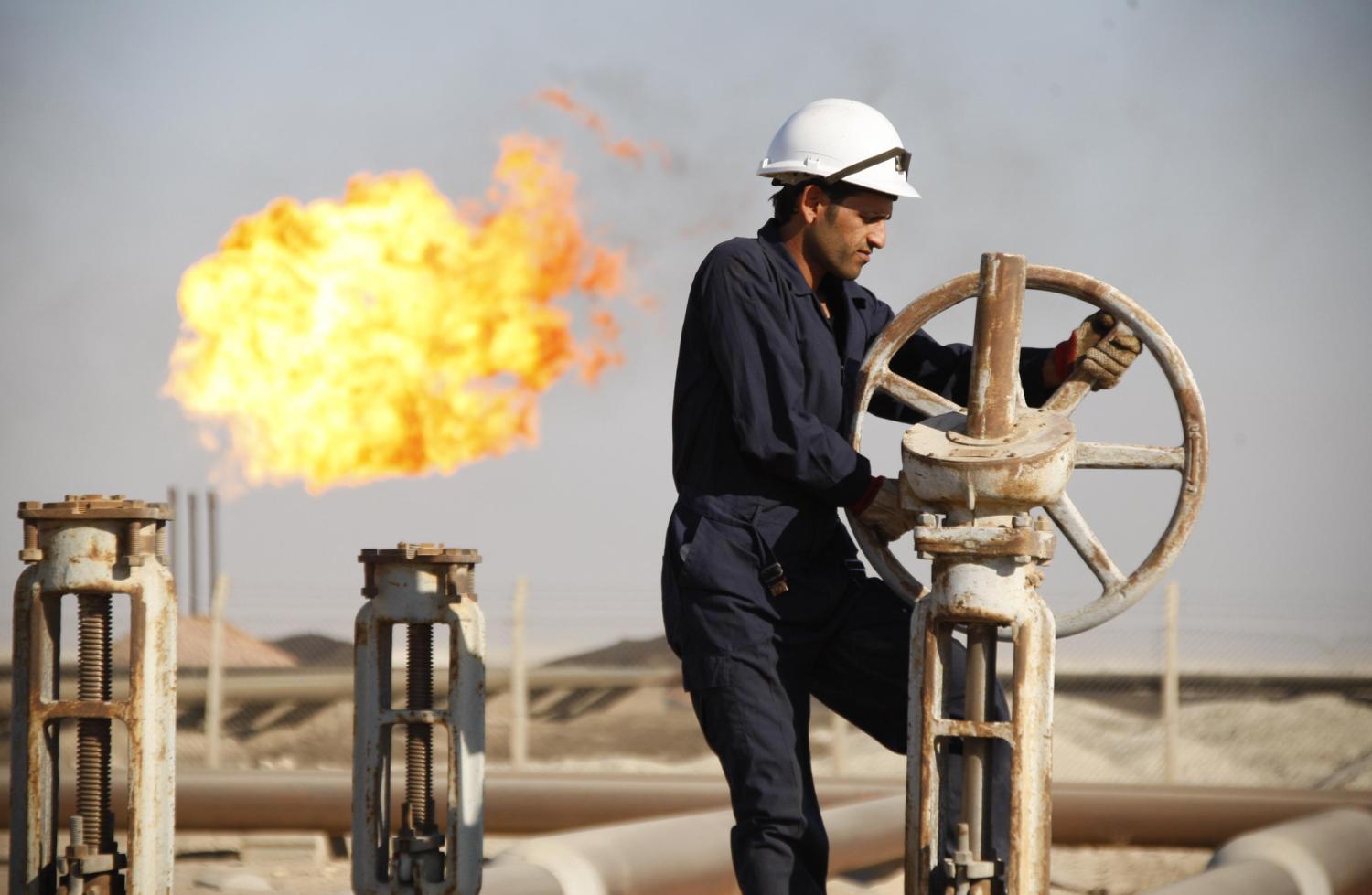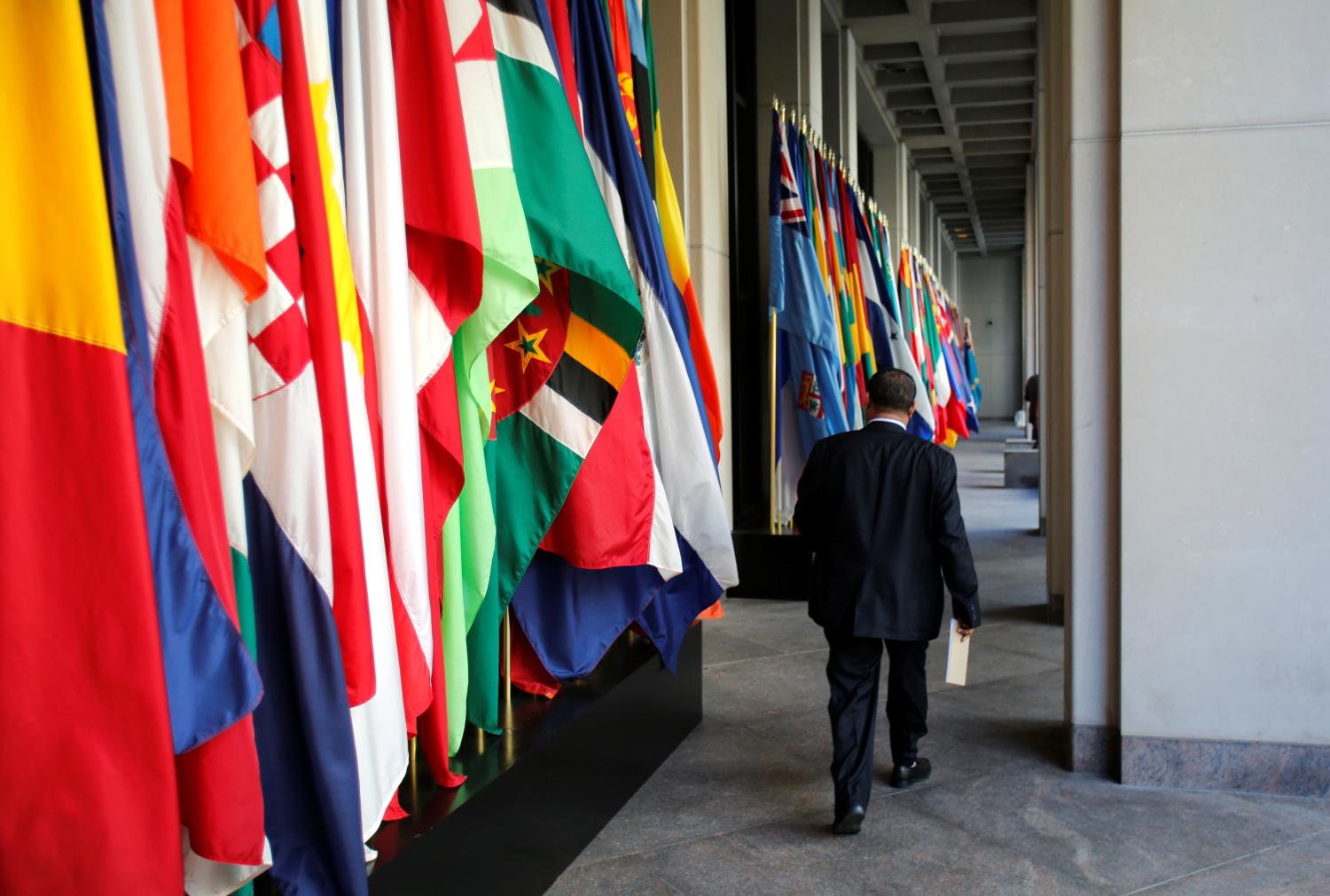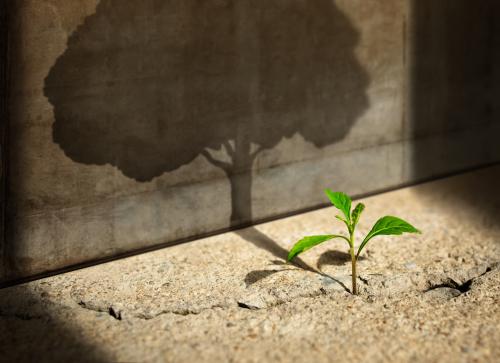Countries in transition often go through periods of upheaval and weak governance and Iraq is a prime example. Usually donor agencies hesitate to increase their support as they face two key problems in post-conflict or post-revolution situations: (1) high security risk for transparent implementation; and (2) poor government effectiveness, marred by corruption, ethnic tensions and economic stagnation. But this is precisely the time when donor engagement is needed most. By using the experience of JICA projects in Iraq, we argue that donors should not withdraw their support in difficult post-conflict situations. The paper proposes three mechanisms – information; social recognition; and mediation mechanisms – to solve such difficulties in a post-conflict society. The empirical analysis shows that more intensive communication between donor and government officials especially leads to a positive impact even in war-torn Iraq.
The Brookings Institution is committed to quality, independence, and impact.
We are supported by a diverse array of funders. In line with our values and policies, each Brookings publication represents the sole views of its author(s).




